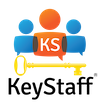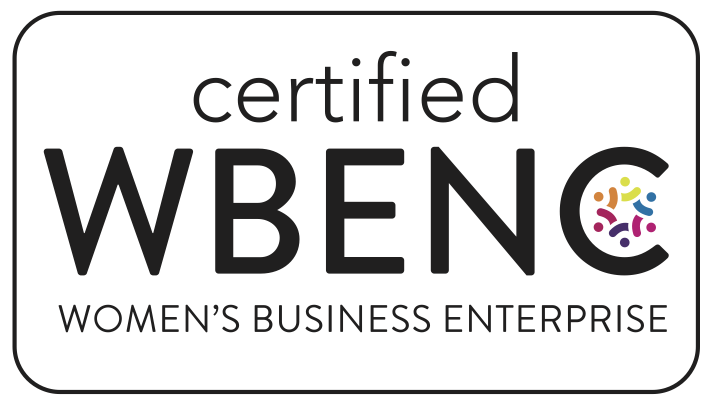Most people’s days are filled with busy work and distractions. That’s not necessarily a bad thing: engaging in busy work and distractions can be a lovely way to pass the time. But sometimes people want to use their time more powerfully and effectively.
To work with increased impact, start by imagining a protocol that would require doing less each day but have a bigger result. But be sure to include time for the smaller things, too, so that everything doesn’t become a mess.
- Choose high-impact tasks.
- Use focus sessions to make progress on them.
- Create rituals for taking care of smaller (but important) tasks.
This approach creates more space in the day and helps people feel less overwhelmed and more that they are making a meaningful impact with the time they do spend working.
Choose High-Impact Tasks
At the start of each week, intentionally choose the high-impact tasks to be accomplished that week. Similarly, at the start of each day choose one to three high-impact tasks to be accomplished that day. Answering a few key questions can help decide if something is a high-impact task:
- Does this align with what I want to create in the long term?
- Will this have a big impact on my life and on the lives of others?
- Will I care about this at the end of this year?
(The answer for all three questions is likely to be either yes or no; it’s rare to get a yes for one and a no for the others.) These questions help train the mind to identify high-impact tasks. With enough practice, someone might not even have to use those questions—they’ll just know whether something has the potential for high impact.
Use Focus Sessions to Make Progress on High-Impact Tasks
Because high-impact tasks are likely to be challenging, people tend to put them off and push them back week after week. The best way to get them done is to use focus sessions (at least one per day) to face the discomfort of those tasks, remember why they matter, and overcome self-resistance to moving forward with them. Even better, schedule a focus session with at least one other person: get on a video call together, share what each person is going to focus on, and then go on mute while working to complete the task. One hour later, check in and report how the task went. This protocol works every single time!
Create Rituals for Taking Care of Smaller (But Important) Tasks
Focusing on the big things is amazingly helpful, but many people find that when they focus exclusively on the big things, the small things start to fall between the cracks: their e-mail piles up, they start to get frustrated, and they start to let people down.
Rituals make it possible to balance the big things with the small things that need to be taken care of. Create a ritual for each type of small thing and put it on the calendar. Task areas that are well suited for rituals include:
- E-mail and messages
- Laundry and cleaning
- Meal preparation and grocery shopping
- Workouts, meditations, and walks
- Finances, taxes, administrative stuff
Assigning time to these small, necessary tasks makes it easier to get them out of the way and create space for high-impact tasks. For example, spending Fridays dealing with administrative issues, setting aside 30 minutes twice a day to day to reply to e-mail and messages, devoting an hour each evening for a family dinner together, and starting each morning with meditation and exercise are all valuable rituals that can help someone get things done and don’t take time away from focus sessions.
Ultimately, being productive comes down to reflecting on priorities, setting goals, and carving out dedicated time for tasks. Combined with focus sessions, which can provide a much-needed boost when a big task feels overwhelming (or when someone just needs some more motivation), these strategies form a set of protocols that can help anyone improve their high-impact productivity.

